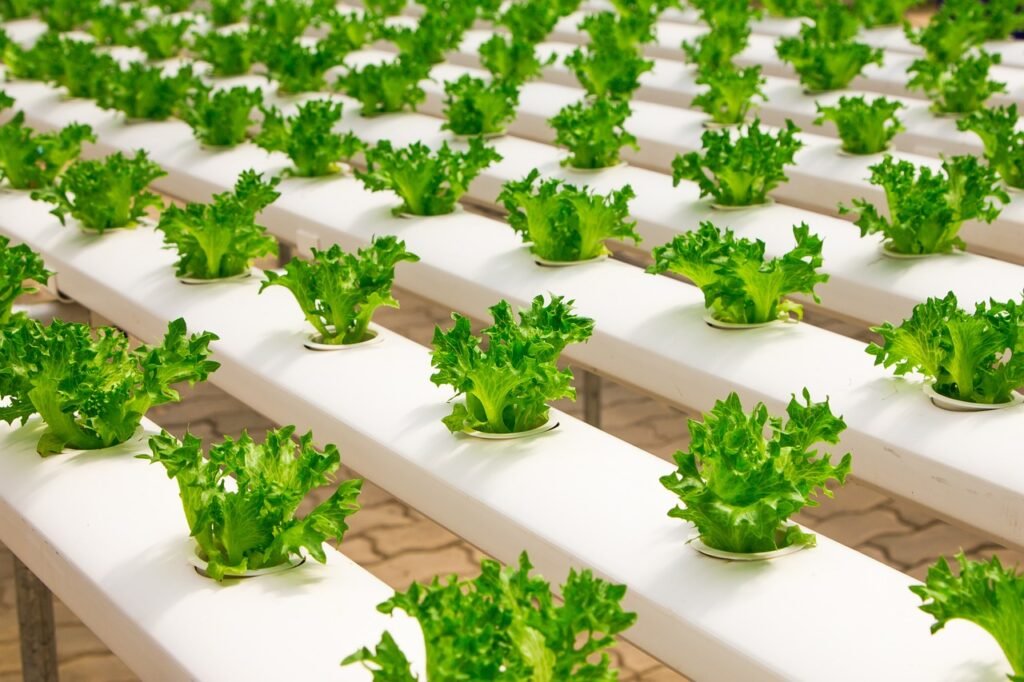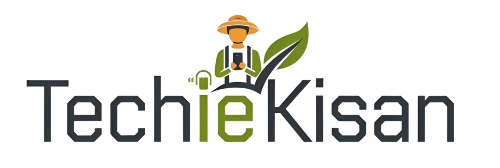Why Hydroponics is the Future of Farming

In today’s world, agriculture faces many challenges. Traditional farming methods often rely onlarge amounts of water, space, and chemicals to grow crops. However, hydroponics offers arevolutionary solution to these problems, making it the farming of the future. Hydroponic farmingis a method of growing plants without soil, using nutrient-rich water instead. This innovativetechnique has the potential to change how we grow fresh vegetables and other crops, providinga more sustainable and efficient way to feed the world. What is Hydroponic Farming? Hydroponic farming is a modern agricultural technique where plants grow in water that containsessential nutrients. Unlike traditional farming, hydroponics doesn’t require soil. Instead, plantsget their nutrients directly from the water, which is carefully monitored to provide the perfectgrowing conditions. This method allows farmers to grow crops faster, use less water, and avoidthe use of harmful chemicals. Fresh vegetables like lettuce, spinach, and tomatoes thrive inhydroponic systems, making it a popular choice for growing healthy, chemical-free produce. Benefits of Hydroponic Farming Hydroponics offers numerous benefits compared to traditional agriculture. These include: Hydroponics and the Future of Agriculture As the global population continues to grow, the demand for food will increase. Traditionalfarming methods may struggle to meet this demand due to limited resources like water andland. Hydroponic farming offers a sustainable solution. By using less water and space,hydroponics can produce fresh vegetables efficiently, even in densely populated areas.Furthermore, hydroponic farming reduces the environmental impact of agriculture. It minimizessoil degradation, water pollution, and the use of harmful chemicals. By adopting hydroponictechniques, farmers can contribute to a greener and healthier planet. Fresh Vegetables Without Chemicals One of the biggest advantages of hydroponics is the ability to grow fresh vegetables withoutchemicals. Traditional farming often relies on pesticides and fertilizers, which can leave harmfulresidues on produce. Hydroponic systems, on the other hand, use clean water and controllednutrients, ensuring that the crops are safe and healthy to eat. Consumers can enjoy fresh,chemical-free vegetables that are not only better for their health but also taste better. Conclusion: Hydroponics is truly the farming of the future. With its ability to grow fresh vegetables withoutsoil or chemicals, it offers a sustainable and efficient alternative to traditional agriculture. Asmore people become aware of its benefits, hydroponic farming is set to play a crucial role infeeding the world’s population while protecting the planet. By investing in hydroponics today, wecan ensure a healthier and greener tomorrow. Whether you’re a farmer looking to innovate or aconsumer seeking fresh, chemical-free produce, hydroponics is the way forward. It’s time toembrace the future of farming.

